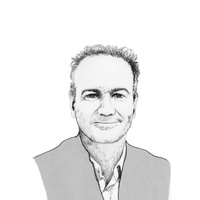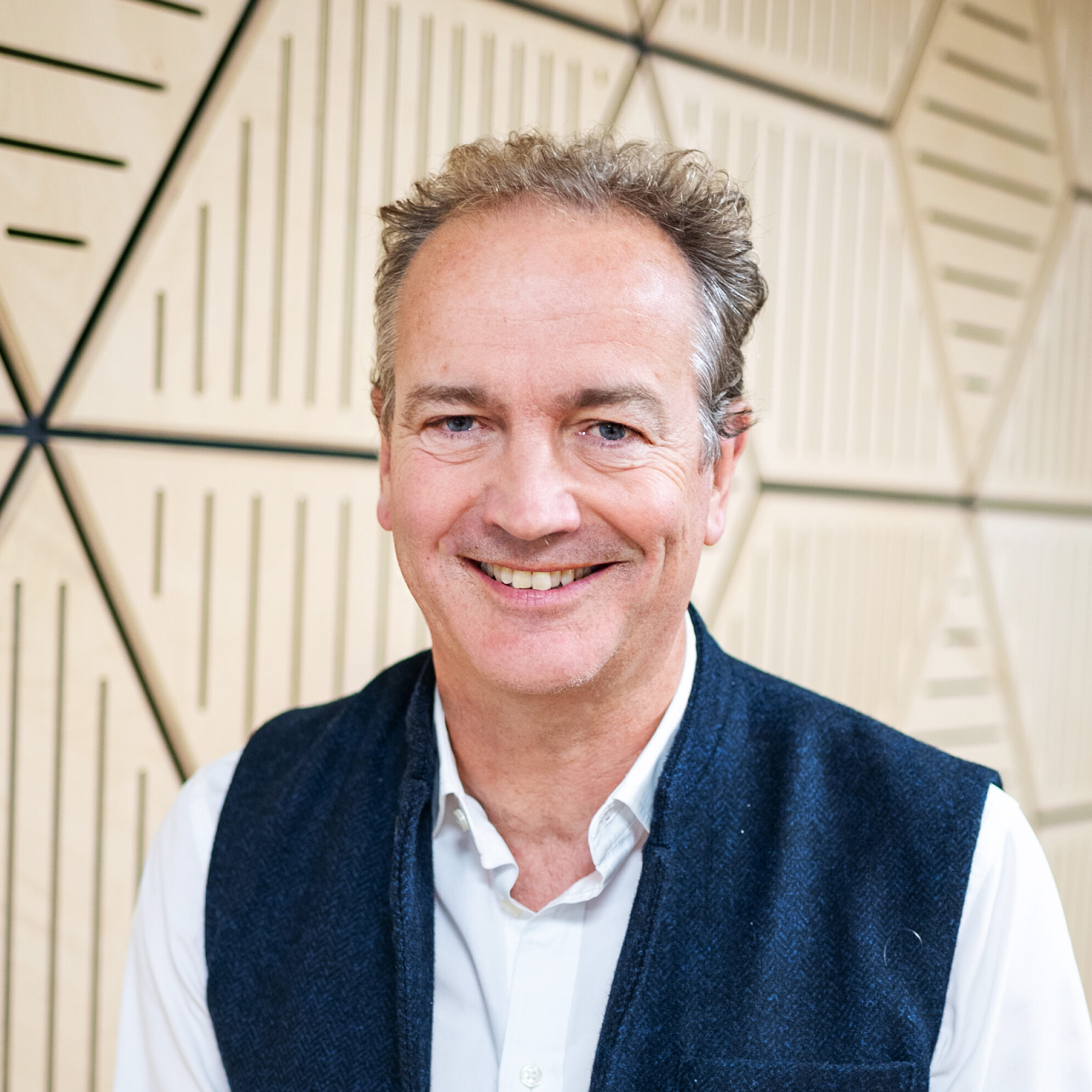Nick Hurd
Chair of Access
Nick Hurd has been Chair of Access since 2020. A former Minister for Civil Society, he helped create Big Society Capital (now Better Society Capital) and laid much of the groundwork for the UK’s social investment market. Under Nick’s leadership the board made the decision to extend Access beyond its original ten-year lifespan, recognising that its role in reshaping social investment needed to be embedded further into the system.
“What the data tells us is that Access has been very successful in doing something very important which is making it easier for social investment to flow towards the organisations and communities that need it most. These are places that even the mainstream social investment market, let alone the commercial market, doesn’t touch.
“We’ve clearly been the difference in helping money reach organisations doing incredibly valuable work in communities that feel most disconnected and left behind. Because of that, the government has given us more funding to deploy which is a signal of confidence and trust, and something we should be proud of.
“One of our arguments to the government during the latest funding round through dormant assets was about the power of social investment to create trading opportunities, jobs, and a sense of possibility in areas where the market tends to ignore when left to itself. By the nature of their work, these smaller charities and social enterprises make a difference not only to people’s lives but to the vitality of communities. That means economic opportunity at the hyperlocal level and I’m really glad the government recognised that.
“The story of Access is part of a longer arc of cross-party support for social investment and the UK has really been a thought leader in this process. What started under Gordon Brown, and was then championed by David Cameron, led directly to the international network I now chair of 49 countries working to mobilise private capital for public good.
“Internationally, the debate is very alive around how we do this. A recurring theme is the need for more blended finance which is something that’s been key to our success at Access. We’ve helped create a community of domestic and international practice so more people get comfortable with what works and what doesn’t - and that’s become part of the global toolkit.
“How we work is almost as important as what we do. We’re a wholesaler and very collaborative, so we enable other organisations to do things. We’re a low-ego organisation and people trust us and like working with us - so we’ve been well placed to share our knowledge.
“But there’s still more to do. Access was set up with a ten-year life, so technically we should be dead. We realised though, that we’re not yet in a place where charities and social enterprises feel sufficiently confident they can access the capital and support they need. This is a specialist market that exists, has grown and is real. But it’s still quite fragile. We continue to play an important role in keeping the system moving through the grants we make available. So we took the decision to extend - we chose life - to build on the foundations we’ve already put in place.
“The focus for social investment has to remain firmly on long-term system change, not on any one institution. What matters most to me is that the ecosystem we’re supporting - helping charities and social enterprises build their resilience and access the capital they need - is robust and strong. I want that to be a beacon to the rest of the world. Access’ legacy will be a system legacy, not that of one organisation alone.”


